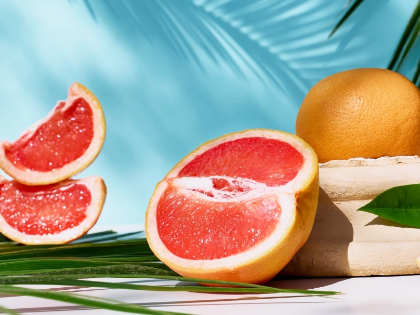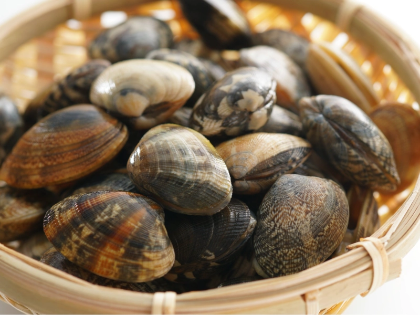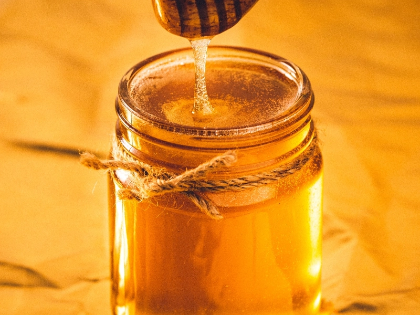The Antioxidant Power Of Grapefruit: Fighting Free Radicals
A delicious fruit with lots of vitamins, minerals, and antioxidants, grapefruit gives the body It's also low in calories and a great potassium source. One medium grapefruit offers half the daily advised vitamin C. It is also a good supply of the phytochemical naringin, which has been demonstrated to mend DNA in cancer cells.
Vitamin C
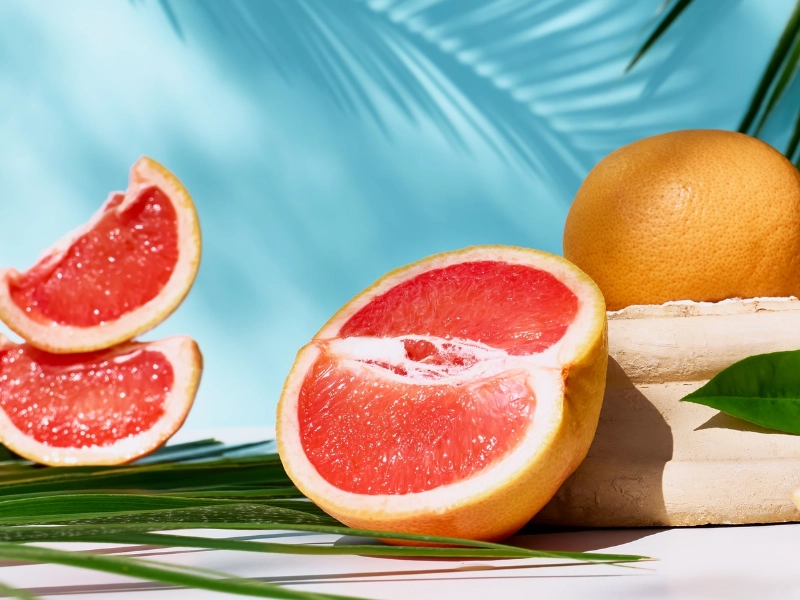
Lycopene
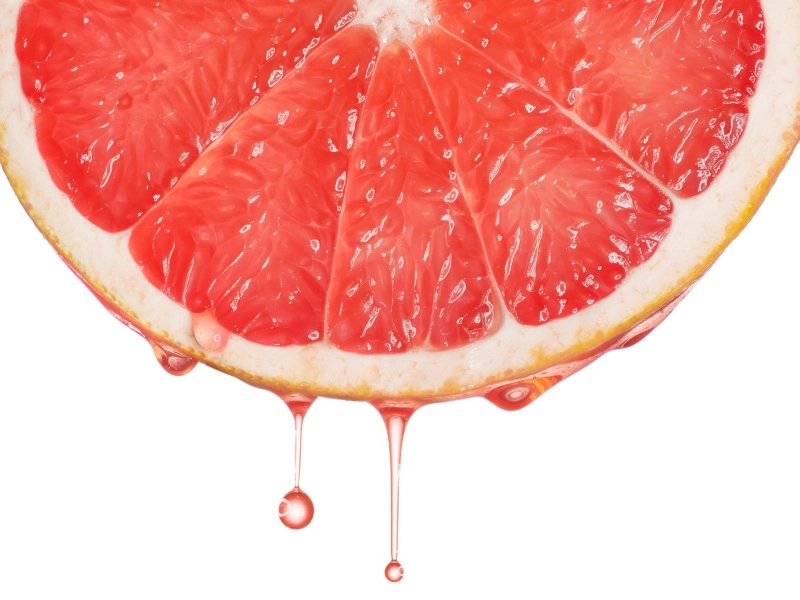 An antioxidant in the carotenoid family, lycopene gives pink grapefruit and tomatoes their hue. This water-soluble vitamin shields DNA, lipids, and proteins from oxidative degradation. Among its several health advantages are anticancer, antidiabetic, anti-inflammatory, and cardioprotective ones. Strong naturally occurring antioxidant that guards against oxidative damage and aids cell repair.
It triggers the antioxidant response element (ARE) in human cells, therefore producing phase II cytoprotective enzymes like superoxide dismutase, NQO1, and glutathione S-transferase from transcription. It has also been demonstrated to lower oxidative stress and shield mice's brains and intestines from inflammation brought on by lipopolysaccharides.
Lycopene has been linked, according studies, to lower cholesterol, less cardiovascular disease risk factors, and longer lifetime. It is neuroprotective as well as influences sleep behaviour. It has also been seen to lower inflammation, blood triglycerides, and atherosclerotic plaque development. It's a key dietary component for avoiding hypertension and coronary heart disease.
An antioxidant in the carotenoid family, lycopene gives pink grapefruit and tomatoes their hue. This water-soluble vitamin shields DNA, lipids, and proteins from oxidative degradation. Among its several health advantages are anticancer, antidiabetic, anti-inflammatory, and cardioprotective ones. Strong naturally occurring antioxidant that guards against oxidative damage and aids cell repair.
It triggers the antioxidant response element (ARE) in human cells, therefore producing phase II cytoprotective enzymes like superoxide dismutase, NQO1, and glutathione S-transferase from transcription. It has also been demonstrated to lower oxidative stress and shield mice's brains and intestines from inflammation brought on by lipopolysaccharides.
Lycopene has been linked, according studies, to lower cholesterol, less cardiovascular disease risk factors, and longer lifetime. It is neuroprotective as well as influences sleep behaviour. It has also been seen to lower inflammation, blood triglycerides, and atherosclerotic plaque development. It's a key dietary component for avoiding hypertension and coronary heart disease.
Potassium
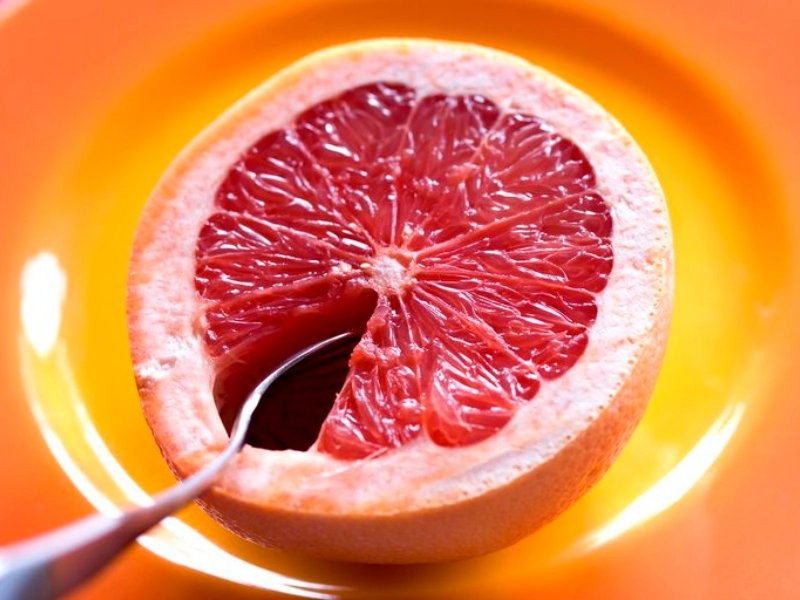 Rich in potassium, grapefruits help cells repair themselves and control blood pressure. It also lessens kidney stones and lowers cholesterol. Of this mineral, a cup of grapefruit juice offers over half of your daily need.
If you have diabetes or pre-diabetes, the fruit is a great addition to your diet since its low glycemic index causes it not to raise your blood sugar as rapidly as other foods. Lycopene and vitamin C, both with antioxidant qualities, also abound in it.
For a further vitamin boost, toss grapefruit into salads or eat it alone. A wholesome start to the day is a couple slices in a breakfast parfait with yoghurt and honey. Alternatively mix grapefruit into a smoothie or create a reviving marinade. If you have renal issues or acid reflux, just steer clear of it since it will increase your blood pressure from the medications. Usually offered under the name grapefruit seed extract (GSE), you can also use it as a component in skin ointments or take capsules form. However, be cautious with supplements since they are not controlled and can include substances that interact negatively with drugs.
Rich in potassium, grapefruits help cells repair themselves and control blood pressure. It also lessens kidney stones and lowers cholesterol. Of this mineral, a cup of grapefruit juice offers over half of your daily need.
If you have diabetes or pre-diabetes, the fruit is a great addition to your diet since its low glycemic index causes it not to raise your blood sugar as rapidly as other foods. Lycopene and vitamin C, both with antioxidant qualities, also abound in it.
For a further vitamin boost, toss grapefruit into salads or eat it alone. A wholesome start to the day is a couple slices in a breakfast parfait with yoghurt and honey. Alternatively mix grapefruit into a smoothie or create a reviving marinade. If you have renal issues or acid reflux, just steer clear of it since it will increase your blood pressure from the medications. Usually offered under the name grapefruit seed extract (GSE), you can also use it as a component in skin ointments or take capsules form. However, be cautious with supplements since they are not controlled and can include substances that interact negatively with drugs.
Vitamin A
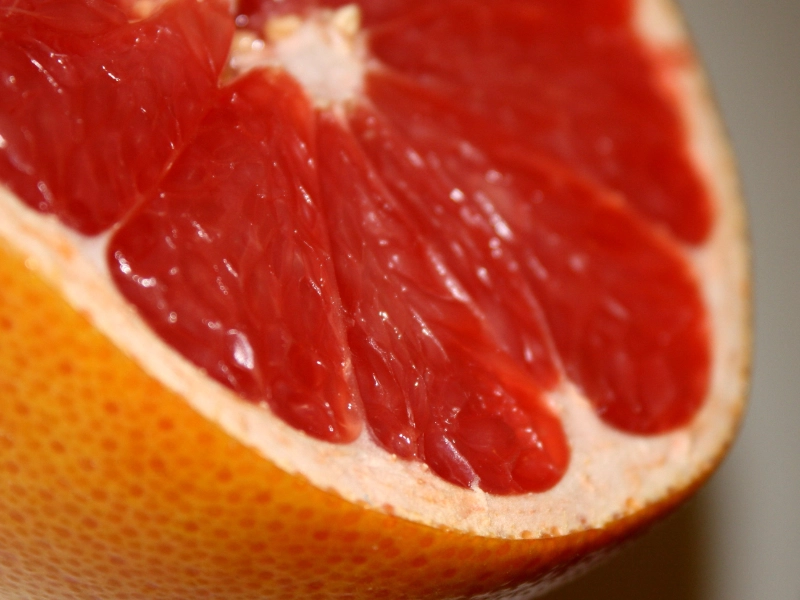 Unstable chemicals called free radicals induce oxidative stress in cells, which causes loss of biological functioning and finally results in disease. Natural compounds, antioxidants donate their own electrons to neutralise these harmful chemicals. Among the many things they abound in are vitamins C and E, carotenoids, flavonoids and phytochemicals—basically, plant compounds.
Additionally having antioxidant qualities is vitamin A, sometimes referred to as retinol or retinoic acid. While some research point to it as a direct antioxidant, scavenging free radicals, others argue that its antioxidant benefits are mostly indirect, via controlling gene expression and so encouraging the manufacture of other antioxidants.
To have a plenty of antioxidants in your diet, including fruits, veggies, and whole grains. Dark green vegetables, sweet potatoes and carrots contain beta-carotene; spinach, liver and dairy products are the richest sources of vitamin A. Berries, tea, onions and olive oil abound in other antioxidants.
Unstable chemicals called free radicals induce oxidative stress in cells, which causes loss of biological functioning and finally results in disease. Natural compounds, antioxidants donate their own electrons to neutralise these harmful chemicals. Among the many things they abound in are vitamins C and E, carotenoids, flavonoids and phytochemicals—basically, plant compounds.
Additionally having antioxidant qualities is vitamin A, sometimes referred to as retinol or retinoic acid. While some research point to it as a direct antioxidant, scavenging free radicals, others argue that its antioxidant benefits are mostly indirect, via controlling gene expression and so encouraging the manufacture of other antioxidants.
To have a plenty of antioxidants in your diet, including fruits, veggies, and whole grains. Dark green vegetables, sweet potatoes and carrots contain beta-carotene; spinach, liver and dairy products are the richest sources of vitamin A. Berries, tea, onions and olive oil abound in other antioxidants.



